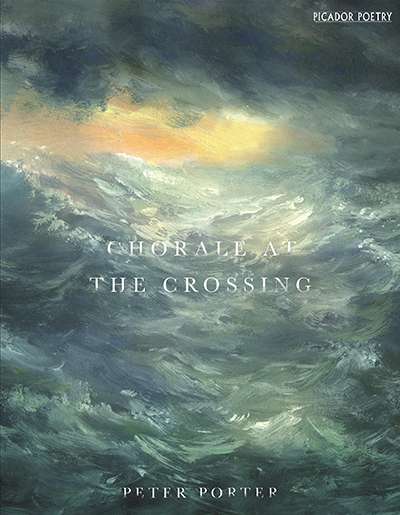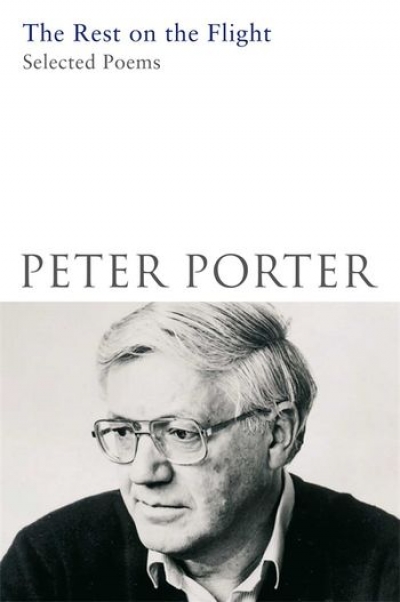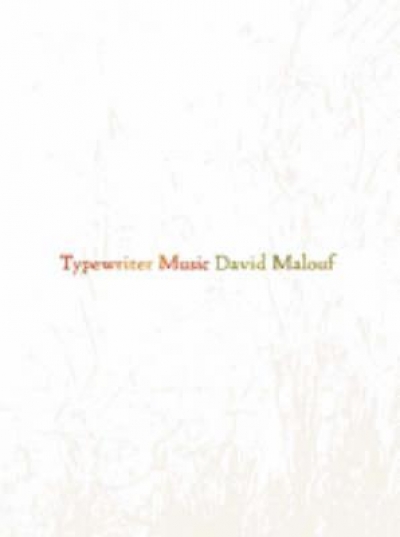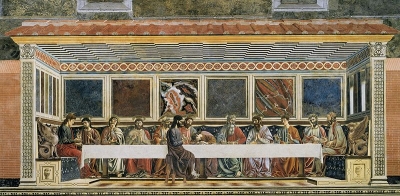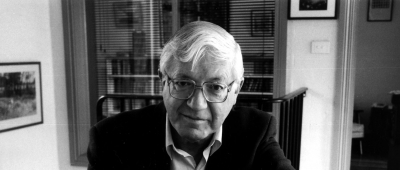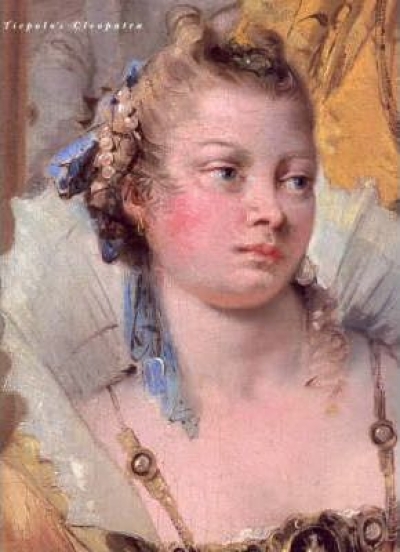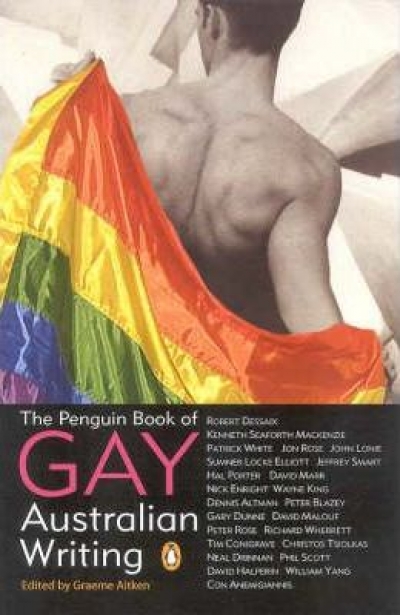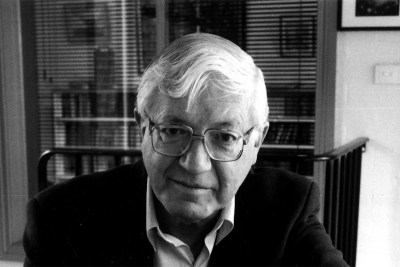Peter Porter
In an essay on the poetry of George Crabbe, Peter Porter wrote, ‘It is a great pleasure to me, a man for the littoral any day, to read Crabbe’s description of the East Anglian coast.’ Happily, there is by now a substantial and various array of writings about Porter’s work, and I would like simply to add that his being, metaphorically, ‘a man for the littor ...
Our landlord’s man has let us off this time,
We’re not expelled.
Victorians liked their mortar made with lime,
Our walls have held.
Welcome to the feast, piccolo pasero,
A feast that never ends, of loyalty and treachery.
Two are sold for a farthing, little sparrow
A biographer follows the life of a chosen person or a chosen group or people, or perhaps a particular scene or epoch. An autobiographer, like a snail outed by the Sun, looks back at his or her tracks and tries to explain how he or she got this far, possibly hinting at vindication or in more extravagant mode, self-immolation. Unfortunately I am a poet, and a prose writer only to earn a living. My field is verse, but l am involved on a daily basis with literature in diverse forms, especially journalism, broadcasting, and reviewing. I believe also that I am a secret biographer and autobiographer, as so much of the poetry I write and read shadows the functions of biography.
... (read more)The Penguin Book of Gay Australian Writing edited by Graeme Aitken
Some years ago I wrote a poem called ‘A Table of Coincidences’, which contained the lines: ‘the day Christopher Columbus discovered America / Was the day Piero della Francesca died.’ This is a verifiable fact, unless changes in the Western calendar have altered things. Clearly, I was being sententious and reactionary: the ancient good of the world and its new doubtfulness seemed to start on the one day. A hostile reviewer pointed out that every date in the world is the anniversary of some other date, and poured scorn on my notion by suggesting that a momentous event like the Armistice in 1918 might share a date with the invention of Coca-Cola. But we still honour anniversaries, and I am only too conscious of the 365 days that have passed since 11 September 2001.
... (read more)
